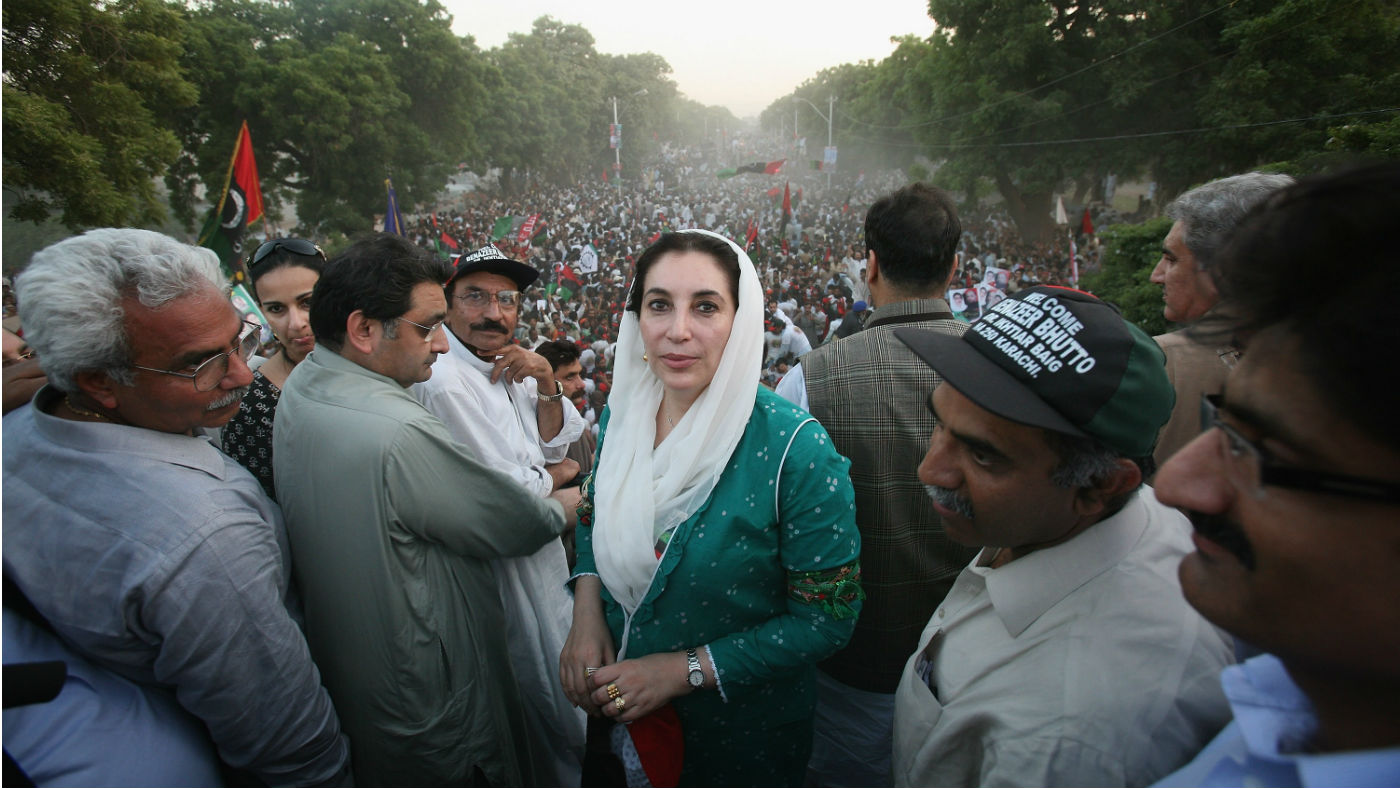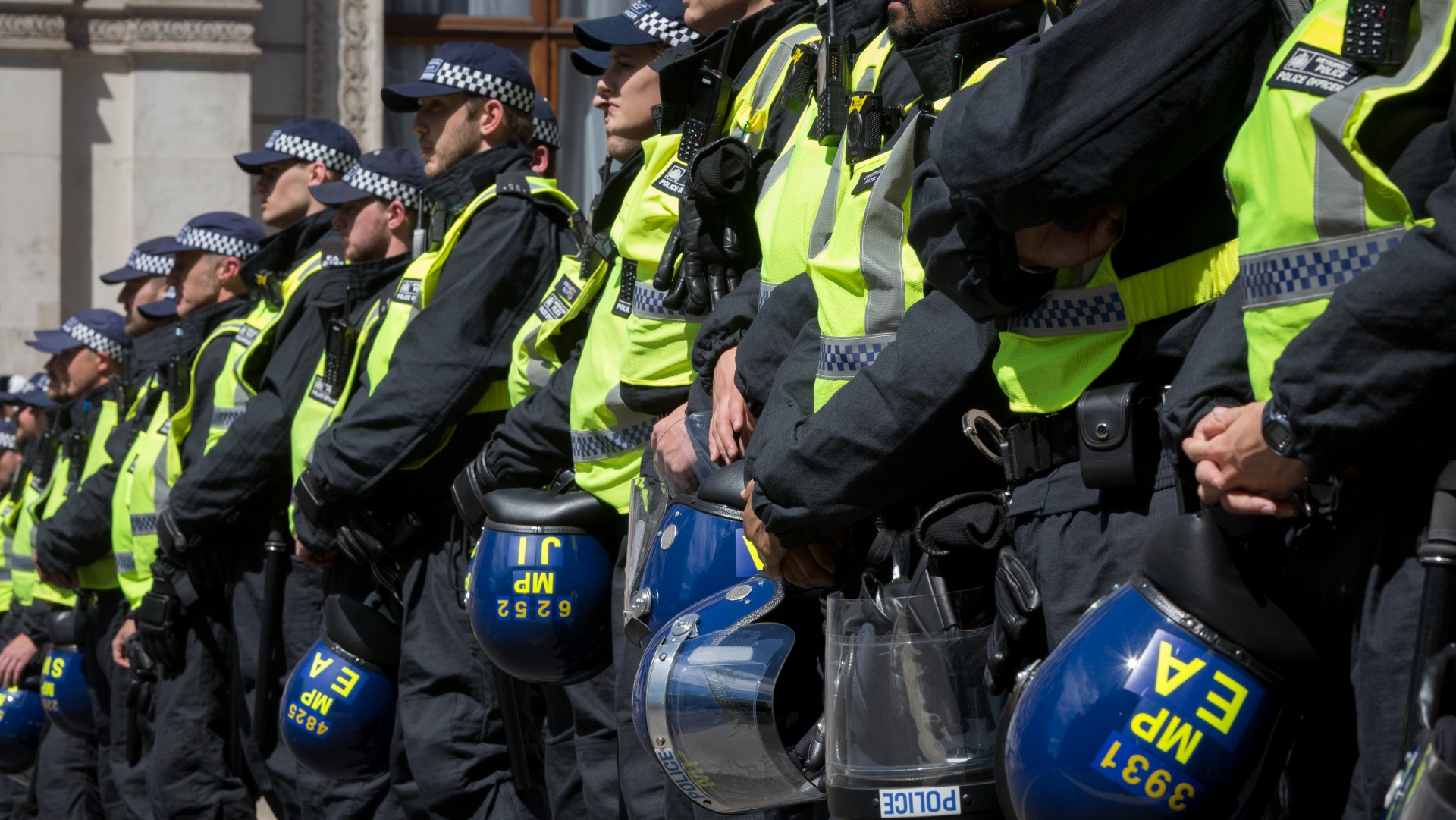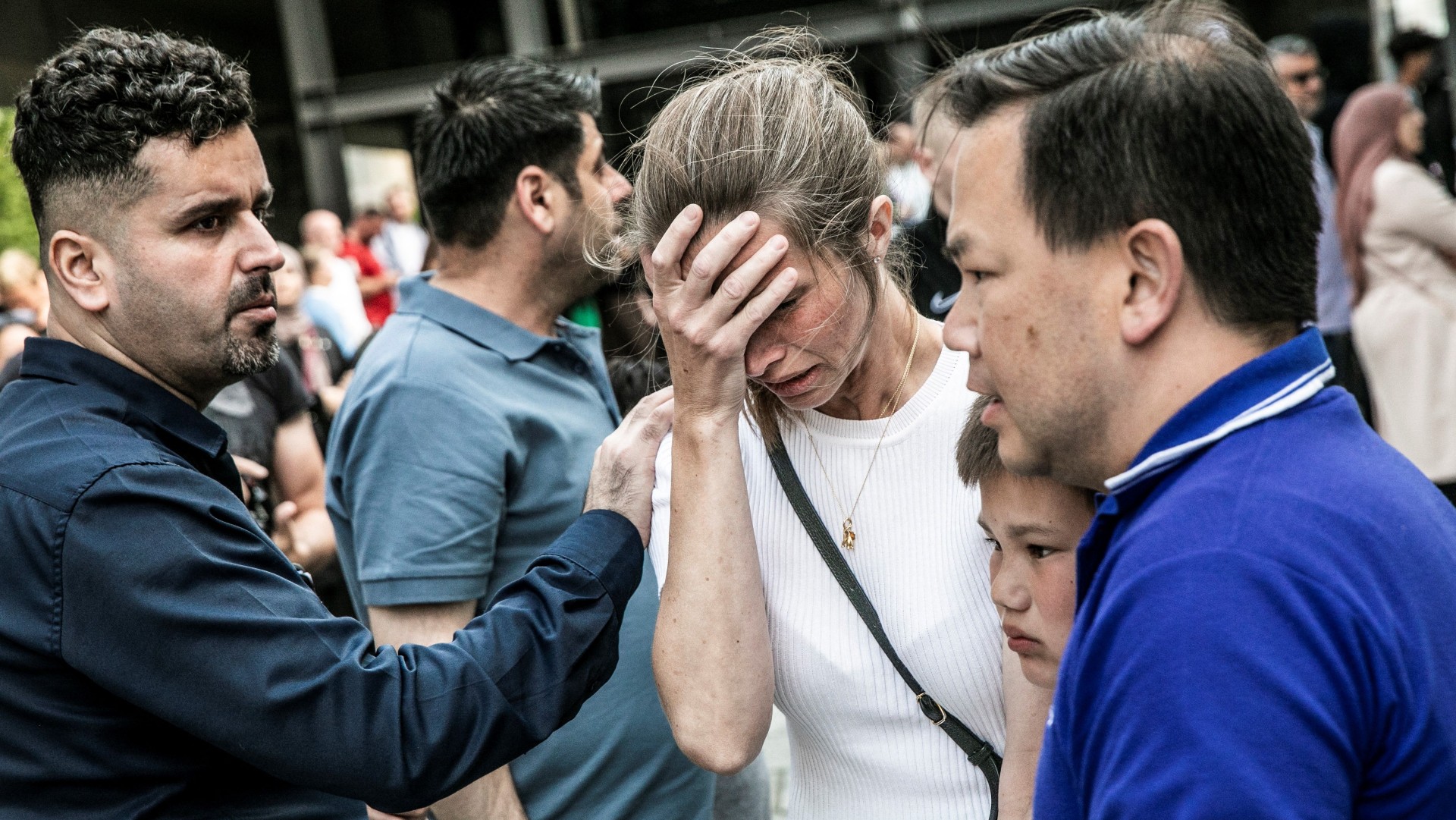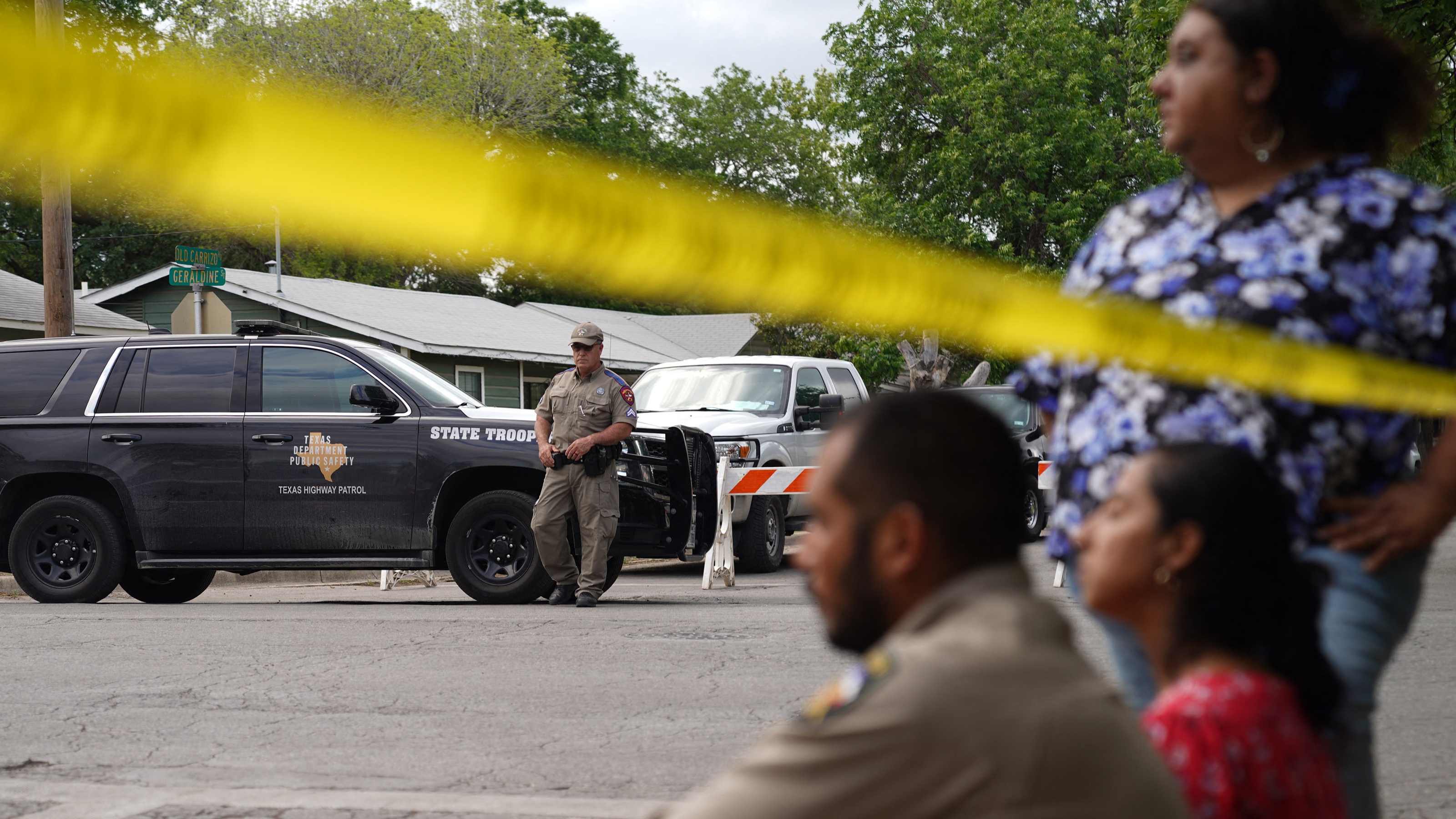Musharraf declared fugitive in Benazir Bhutto murder case
The former Pakistani president stands accused of murder and criminal conspiracy

A free daily email with the biggest news stories of the day – and the best features from TheWeek.com
You are now subscribed
Your newsletter sign-up was successful
Pakistan's former president, Pervez Musharraf, has been declared a fugitive from justice and had his property confiscated after he failed to appear in court over the assassination ten years ago of Benazir Bhutto.
In what The Guardian describes as "one of the most controversial trials in Pakistani history", two high-ranking police officials were sentenced to 17 years in prison yesterday for negligence and mistreatment of evidence in connection to the death of the former prime minister.
But in a move that surprised some observers, five suspected Taliban members were acquitted of conspiracy to murder after judges cited lack of evidence against them, "sparking anger from some supporters of Bhutto", says CNN.
The Week
Escape your echo chamber. Get the facts behind the news, plus analysis from multiple perspectives.

Sign up for The Week's Free Newsletters
From our morning news briefing to a weekly Good News Newsletter, get the best of The Week delivered directly to your inbox.
From our morning news briefing to a weekly Good News Newsletter, get the best of The Week delivered directly to your inbox.
The dominant figure in Pakistani politics, having twice served as prime minister over two decades, Bhutto was killed in a gun and bomb attack at an election rally in December 2007.
A 2010 UN report said her death could have been prevented by Musharraf's government, which failed to provide enough protection. Bhutto's Pakistan People's Party has gone further, claiming Musharraf himself was behind her murder. Before her death, Bhutto said Musharraf should be blamed if anything were to happen to her.
In 2013, the general turned politician was indicted on charges of murder, criminal conspiracy to murder and facilitation of murder, despite his government at the time blaming the assassination of Pakistani Taliban extremists.
Persistent health problems delayed the trial until last year, when he was allowed to leave the country to seek treatment. Since then he has lived in self-imposed exile in Dubai.
A free daily email with the biggest news stories of the day – and the best features from TheWeek.com
By failing to bring its most prominent suspect to justice, the anti-terrorism court in Rawalpindi has set "a dangerous precedent", said Saroop Ijaz, a lawyer and researcher with Human Rights Watch in Pakistan.
-
 The ‘ravenous’ demand for Cornish minerals
The ‘ravenous’ demand for Cornish mineralsUnder the Radar Growing need for critical minerals to power tech has intensified ‘appetite’ for lithium, which could be a ‘huge boon’ for local economy
-
 Why are election experts taking Trump’s midterm threats seriously?
Why are election experts taking Trump’s midterm threats seriously?IN THE SPOTLIGHT As the president muses about polling place deployments and a centralized electoral system aimed at one-party control, lawmakers are taking this administration at its word
-
 ‘Restaurateurs have become millionaires’
‘Restaurateurs have become millionaires’Instant Opinion Opinion, comment and editorials of the day
-
 Why has violence erupted in Leicester?
Why has violence erupted in Leicester?Today's Big Question Recent unrest between sections of Muslim and Hindu communities finally boiled over
-
 What we know about the Copenhagen mall shooting
What we know about the Copenhagen mall shootingSpeed Read Lone gunman had mental health issues and not thought to have terror motive, police say
-
 Texas school shooting: parents turn anger on police
Texas school shooting: parents turn anger on policeSpeed Read Officers had to be urged to enter building where gunman killed 21 people
-
 DJ Tim Westwood denies multiple sexual misconduct allegations
DJ Tim Westwood denies multiple sexual misconduct allegationsSpeed Read At least seven women accuse the radio and TV presenter of predatory behaviour dating back three decades
-
 What happened to Katie Kenyon?
What happened to Katie Kenyon?Speed Read Man charged as police search for missing 33-year-old last seen getting into van
-
 Brooklyn subway shooting: exploring New York’s ‘steep decline in law and order’
Brooklyn subway shooting: exploring New York’s ‘steep decline in law and order’Speed Read Last week, a gunman set off smoke bombs and opened fire on a rush-hour train in the city
-
 Opposition calls for arrest of Pakistani prime minister
Opposition calls for arrest of Pakistani prime ministerSpeed Read
-
 How the Capitol attack investigation is splitting the Republicans
How the Capitol attack investigation is splitting the RepublicansSpeed Read Vote to censure two Republican representatives has revealed deep divisions within party